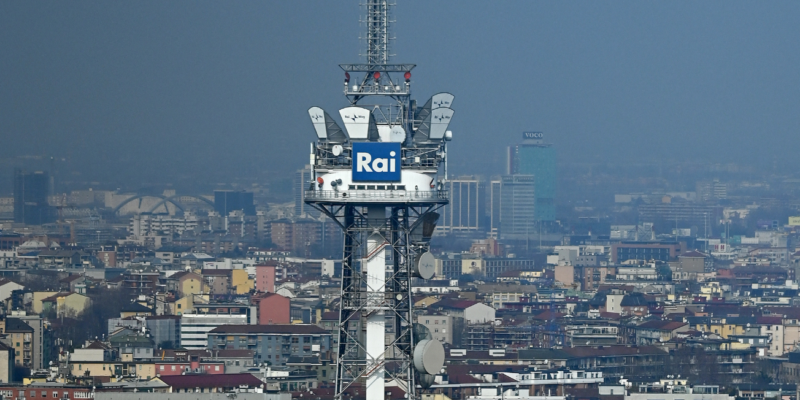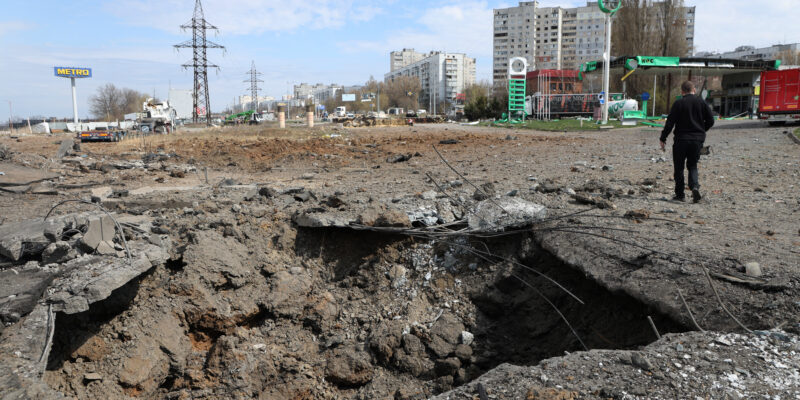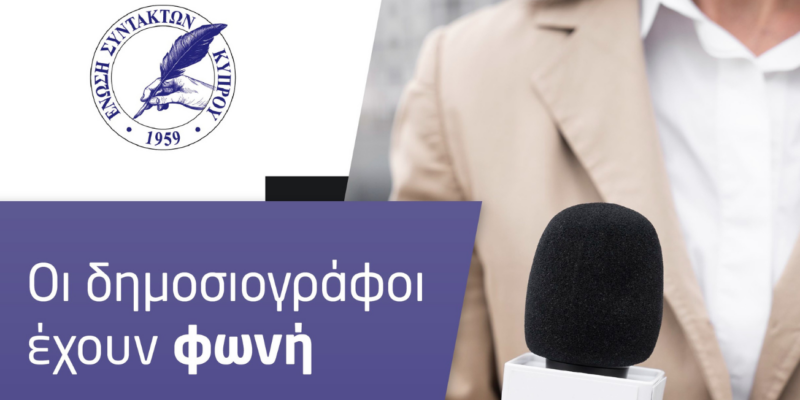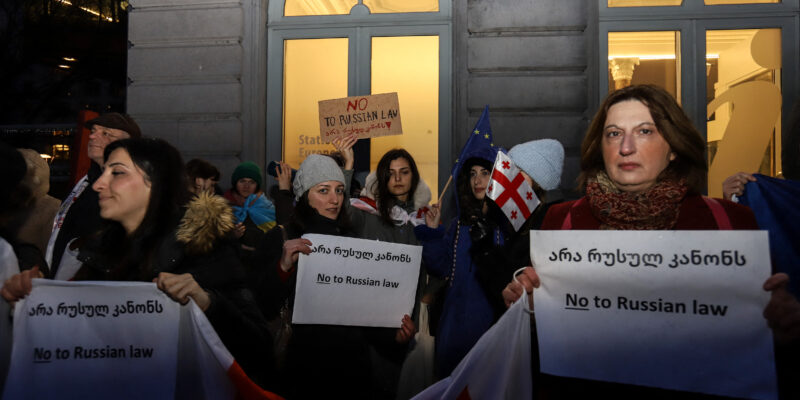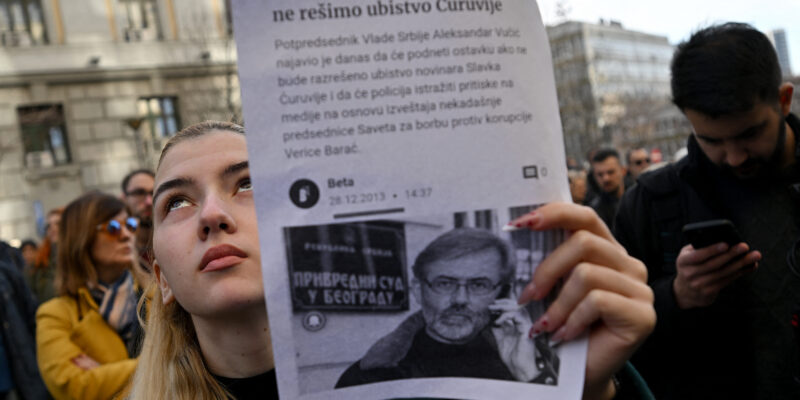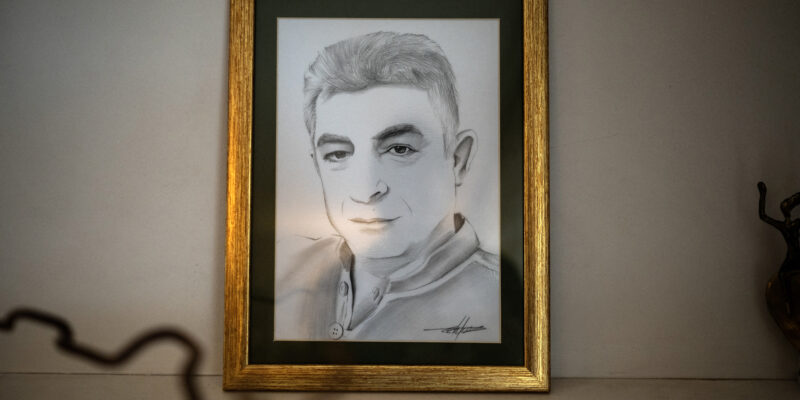 Accompanying the transformations of the market and of individual careers in the European audiovisual and live performance sectors: a social dialogue perspective
Accompanying the transformations of the market and of individual careers in the European audiovisual and live performance sectors: a social dialogue perspective
A European partnership project (Feb. 2017 – Jan. 2019)
Trade unions and management of the EU social dialogue committees on live performance (LP) and the audiovisual sector (AV) have conversations on the developments affecting the sector and the implications of those developments for social dialogue for many years already, and skills development in the AV and LP sectors has a prominent place on the work programme of both committees. The evolutions of the sector activities and occupations, in particular, strongly affected by the digital shift and the 2008 economic crisis, have been very high on the agenda with a shared view on the need to develop the sector labour market intelligence, and its capacity to understand and anticipate change.
In 2012 the two committees decided to launch their first joint project, bringing together the perspectives of the AV and LP sectors on the evolutions of their operational environment, and on their consequences in terms of skills needs and professional training. After running a feasibility study that recognised the relevance and interest of structuring the sector co-operation at EU level in the field of skills development, the European Skills Council for Employment and Training, gathered during 21 months – next to the European Trade unions and management and their national members – a large pool of operators to understand the trends at work on the field, and identify the skills needs to better match initial and ongoing training to the realities on the ground.
Based on the lessons learned and recommendations developed under this project, the two EU social dialogue committees decided to further deepen their cooperation and enter a new phase of their joint work.
The new initiative aims to strengthen the capacity of national and European Trade unions and management to actively engage in national and European social dialogue on skills development with the objective to address the deep transformations affecting our sectors in terms of activities, occupations and quality of work.
Looking at skills development but also at the consequences of the sector transformations in terms of business models, work organisation, Human Resources and career management, this new project aims at equipping sector stakeholders with the right tools to properly address the new challenges and implement relevant solutions within social dialogue frameworks and beyond.
The project will organise 4 thematic workshops focusing on:
- The new business models and work organisation in the audiovisual and live performance sectors and the role of social dialogue (London, UK)
- Human resources and career management (Brussels, Belgium)
- The digital environment and the diversification of training tools (Cologne, Germany)
- Collective bargaining on skills and career development in the AV & LP sectors (Paris, France)
A Final European Conference will present results and outputs of the project, and envisage any further steps. It will also allow social partners at European level to decide if, at a next stage, they wish to develop or negotiate a European instrument (e.g. guidelines; Framework of Action or any other instrument/ tool) on one or more specific topics in relation to skills development in the AV and LP sectors.
Following each workshop, the project will produce a number of deliverables:
• A publication on the most innovative trends in business models and work organisation in the AV and LP sectors, and how social dialogue can adapt to these trends, highlighting examples of practices from across Europe and beyond, and putting forward recommendations for a better response of social partners and sector organisations to the new environment
• A toolkit for the development of HR strategies in the AV and LP sectors, accompanied by a communication strategy for this toolkit to reach out to as many businesses as possible across Europe (incl. an online tool)
• Recommendations for the development of the sector funding schemes, accessible to both employees and independent workers, for improved career management and lifelong learning opportunities in our sectors
• A publication on successful training schemes and tools to raise digital skills in the sectors, link creativity and other skills needed in the contemporary world (digital, entrepreneurial, etc.), and develop on-the job learning
• A compilation of good practices of Collective Bargaining Agreements in the LP and AV sectors in Europe, supporting skills and career development in the sectors
Accompanying the project activities, an online platform (the Creative Skills Europe website – www.creativeskillseurope.eu) will offer a private space accessible to workshops participants, and a public space where resources will be published at different stages of the project.
This project is piloted by :
- European social partners: EURO-MEI (UNI-Europa performance and media branch), the European Broadcasting Union (EBU), the Performing Arts Employers Associations League Europe (PEARLE*), the International Federation of Actors (FIA), the International Federation of Musicians (FIM), the European Federation of Journalists (EFJ) and the European Coordination of Independent Producers (CEPI);
and by - National skills organisations: mediarte.be (Belgium), Sociaal Fonds voor de Podiumkusten (Belgium), CPNEF AV (France), CPNEF SV (France), Creative & Cultural Skills (UK), Creative Skillset (UK), GOC (the Netherlands), Kulturakademin Trappan (Sweden), DGTH (Germany), Career & Transfer Centre from the UDK University (Germany)
For more information, please contact Daphne Tepper – Project Director – dtepper@creativeskillseurope.eu
Project VS 2017 0014 – This project receives the support of the European Union

